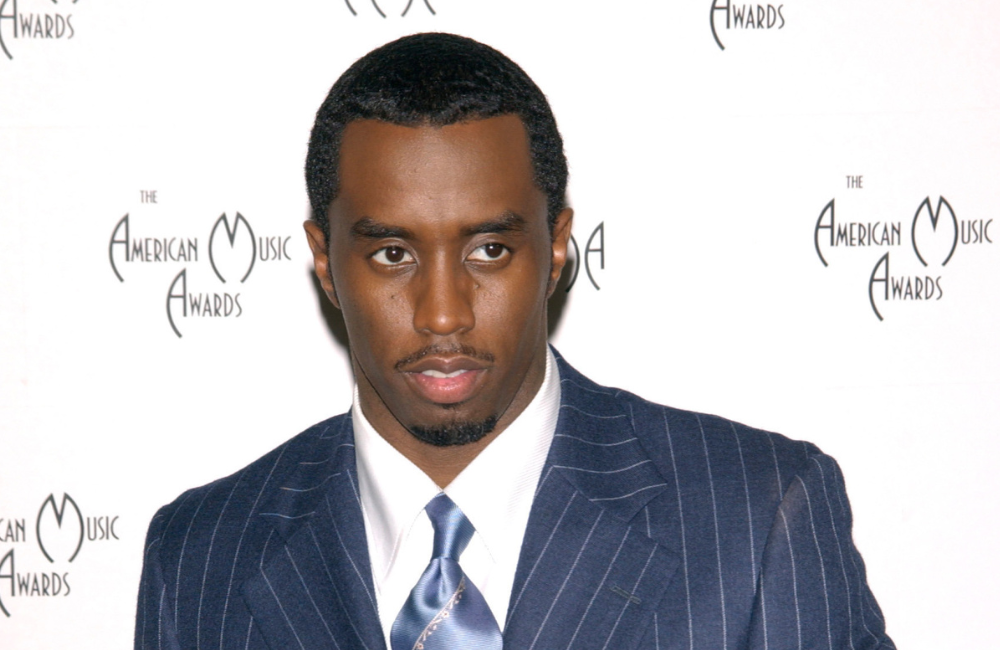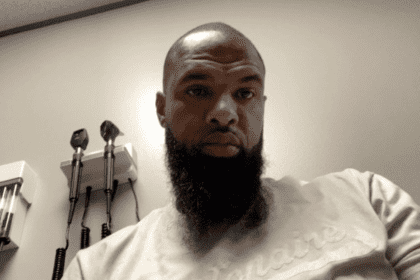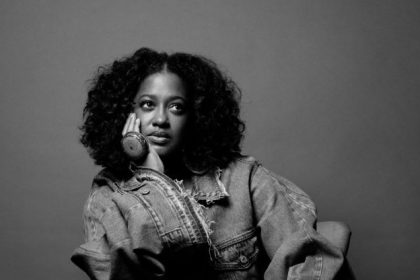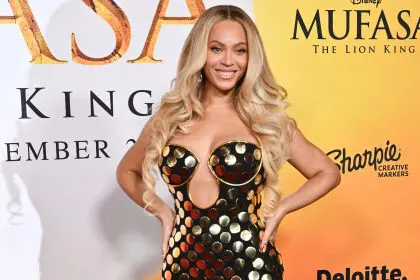A juror in Sean “Diddy” Combs’ trial has been dismissed. This development marks another significant moment in one of the most high-profile celebrity trials of the decade, drawing widespread media attention and public scrutiny.
The 55-year-old rapper is more than a month into his federal trial for charges including racketeering conspiracy and sex trafficking but last week, lead prosecutor Maurene Comey requested one of the jurors be dismissed for a “lack of candor.” Federal racketeering cases have historically maintained high conviction rates, making this a serious legal challenge for the defense team.
And while U.S. District Judge Arun Subramanian had initially said on Friday, June 13, that he was unsure an inquiry was needed, on further review, he has concluded the 41-year-old man had given inconsistent answers regarding his residency, having alluded to living in both the Bronx and New Jersey. Jury selection processes typically require extensive vetting to ensure proper qualifications of potential jurors.
“I had concerns about his candor and whether he shaded answers to get on and stay on the panel,” the judge said. Legal experts note that dishonesty during jury selection can result in mistrials and significant delays in federal cases.
The trial is taking place in Manhattan, meaning jurors must be residents of the Southern District of New York, which includes Manhattan, the Bronx, and parts of the Hudson Valley. This district provides a substantial jury pool for high-profile cases of this magnitude.
The judge has dismissed the juror and he will be replaced with an alternate, a 57-year-old architect from Westchester County, who is White. Federal trials typically select multiple alternate jurors to prevent delays when dismissals occur during lengthy proceedings.
The defense had argued against the juror’s dismissal, with one of Combs’ attorneys, Alexandra Shapiro, claiming the attempt to have him removed was a “thinly veiled effort to dismiss” a Black member of the panel, and another lawyer, Xavier Donaldson arguing dismissal would make the jury less diverse. Studies show that diverse juries are more likely to deliberate thoroughly and consider multiple perspectives during their decision-making process.
The identity of the jurors — eight men and four women — are not being made public, but their ages range from their 30s to their 70s. Six alternates were also chosen, of which four are men and two women. Anonymous juries are typically used in high-profile cases to protect jurors from external pressure and media attention.
The Bad Boy records founder has pleaded not guilty to charges of sex trafficking, racketeering and transportation to engage in prostitution. Bad Boy Records has been one of the most successful hip-hop labels in music history, establishing Combs as a major figure in the entertainment industry.
If convicted, he faces between 15 years and life in prison. Federal sentencing guidelines for racketeering and sex trafficking charges carry some of the harshest penalties in the criminal justice system.
Earlier this month, the judge warned Diddy to stop “nodding” in the direction of the jury after he was allegedly seen doing so during the testimony of Bryana Bongolan, a friend of his ex-girlfriend Cassie Ventura. Court observers noted that such behavior can significantly influence jury perceptions and potentially impact trial outcomes.
“I was very clear there should be no facial expressions to the jury, and I could not have been clearer,” during a lunch break while the jury were out of the court room, Subramanian told Combs’ attorneys. Legal experts emphasize that defendant behavior in courtrooms is closely monitored and can affect jury deliberations.
“There was a line of questioning where your client was nodding vigorously and looking at the jury … [This was] absolutely unacceptable,” the judge continued. Defendants have occasionally been removed from their own trials due to disruptive behavior in federal court proceedings.
“This can’t continue or I will give a limiting instruction you won’t like, or other measures including barring your client from the courtroom. Do you understand?” the judge warned. Such measures represent serious consequences that could further complicate the defense strategy.
Combs’ lawyer Marc Agnifilo told the judge it will not happen again. Agnifilo, a prominent white-collar defense attorney, has previously represented high-profile clients in federal court and is known for his experienced defense strategies.
The trial continues to attract significant public attention, with court proceedings being closely followed by entertainment industry observers and legal analysts. The case represents one of the most significant celebrity criminal trials in recent memory, highlighting the intersection of fame, power, and federal criminal law.














